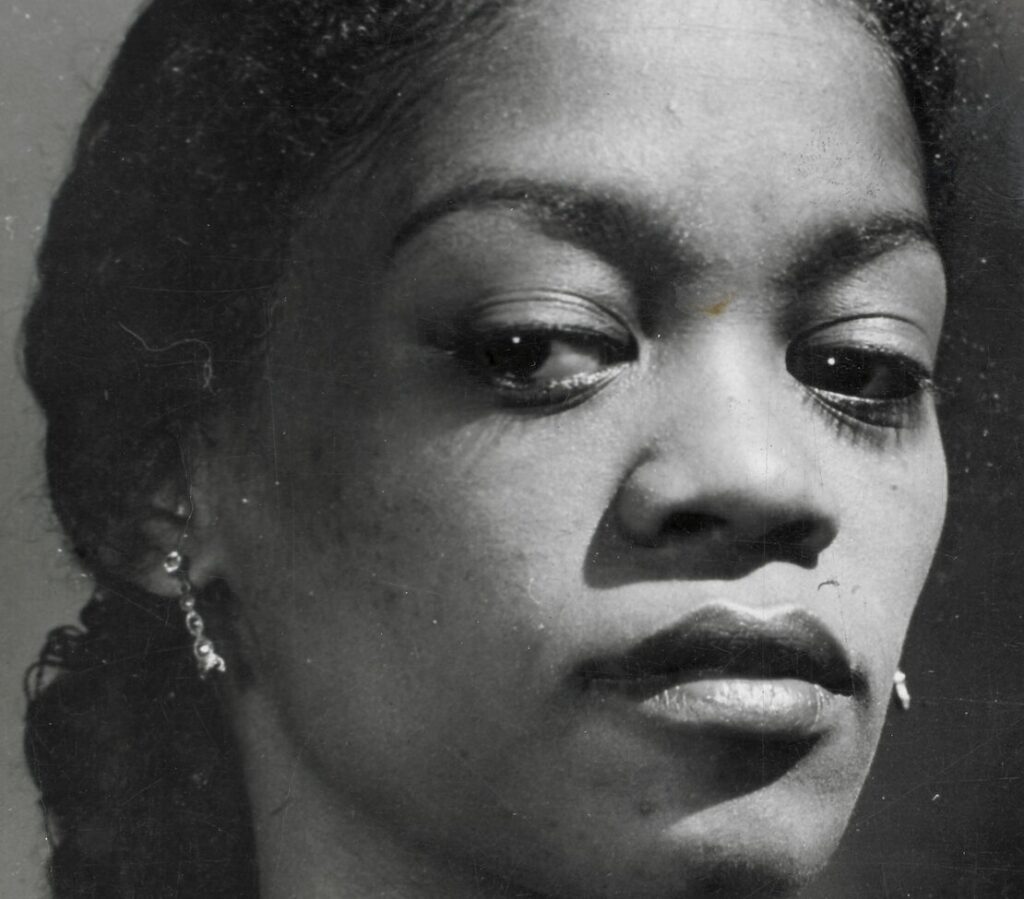One of Netflix’s latest documentary series, “Dialogues with Ruth de Souza,” directed by the acclaimed Afro Brazilian Director and writer Juliana Vicente, offers an intimate and compelling portrait of one of Brazil’s most pioneering actresses.
The film, which debuted to critical acclaim, chronicles the final decade of Ruth de Souza’s life, presenting personal reflections and archival footage that trace her journey and impact on Brazilian theatric arts.
De Souza’s career spanned over 70 years, breaking numerous racial barriers and setting a precedent for Black artists in Brazil. Born in Rio de Janeiro in 1921, Ruth rose above societal limitations and racism, embarking on a career at a time when opportunities for Black actresses were scarce.
Her participation in the Teatro Experimental do Negro (TEN) in the 1940s marked the beginning of her influential journey, culminating in her historic performance in “Sinhá Moça” in 1953, which earned her a nomination for Best Actress at the Venice Film Festival.
The documentary’s inception began in 2009 when director Juliana Vicente, then relatively new to the industry, met Ruth de Souza.
Vicente, known for her works like “Racionais: Das Ruas de São Paulo pro Mundo” (also on Netflix), initially viewed de Souza as a hard-to-reach icon. However, their first meeting changed everything, revealing de Souza as a profoundly human figure facing the challenges of old age. This encounter sparked a decade-long collaboration, capturing her thoughts and experiences until her passing in 2019.
Juliana Vicente’s filmography is full of social and artistic views, with a particular focus on marginalized communities. Her production company, Preta Portê Filmes, established in 2009, has been at the forefront of creating content that addresses the Black, indigenous, and LGBTQIAP+ narratives.
Vicente’s dedication to these themes is evident in her diverse body of work, including the award-winning “Afronta!” series and the widely celebrated music video “Thousand Faces of a Loyal Man—Marighella” by Racionais MCs.
“Dialogues with Ruth de Souza” goes beyond traditional documentary storytelling by incorporating elements of African mythology. The film juxtaposes Ruth’s real-life journey with a fictional interpretation involving the Yabás, female orixás, adding a transcendental layer to her story.
This creative choice, with actresses Dani Ornellas and Jhenyfer Lauren portraying de Souza in different life stages, underscores her legacy’s spiritual and cultural dimensions.
The documentary is not just an homage to de Souza but also a reflection of the generational dialogue between Black women in the arts. Through her interactions with Vicente, de Souza shares her insights on the industry’s progress and persistent challenges. This cross-generational exchange highlights the ongoing struggle for representation and recognition of Black artists in Brazil.
De Souza’s prolific career is marked by significant firsts, including being the first Black actress to star in a Brazilian soap opera and the first to compete for an international film award. Her work in television and film consistently challenged and redefined the portrayal of Black characters, moving away from stereotypes to more nuanced and powerful representations.
Vicente’s direction in “Dialogues with Ruth de Souza” is being lauded for its meticulous research and sensitive portrayal. The film garnered numerous accolades, including Best Documentary Direction at the Rio 2022 Festival and the Jury Award at the FEMINA International Festival of Women’s Film in 2023. The film’s success at both national and international festivals, such as the Harlem International Film Festival and BlackStar Film Festival, further cements its significance as an inspirational testament to the contributions of Black women in the arts.


